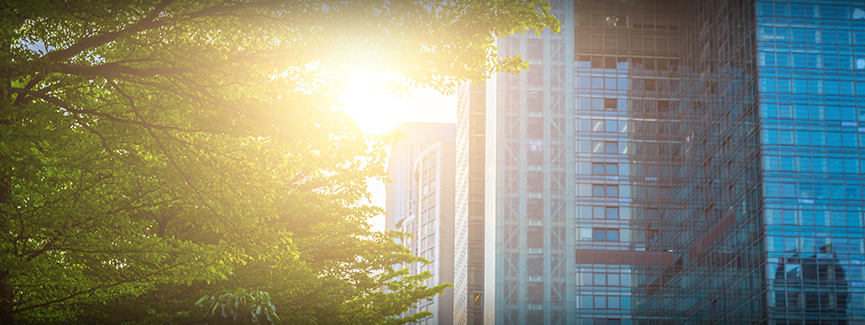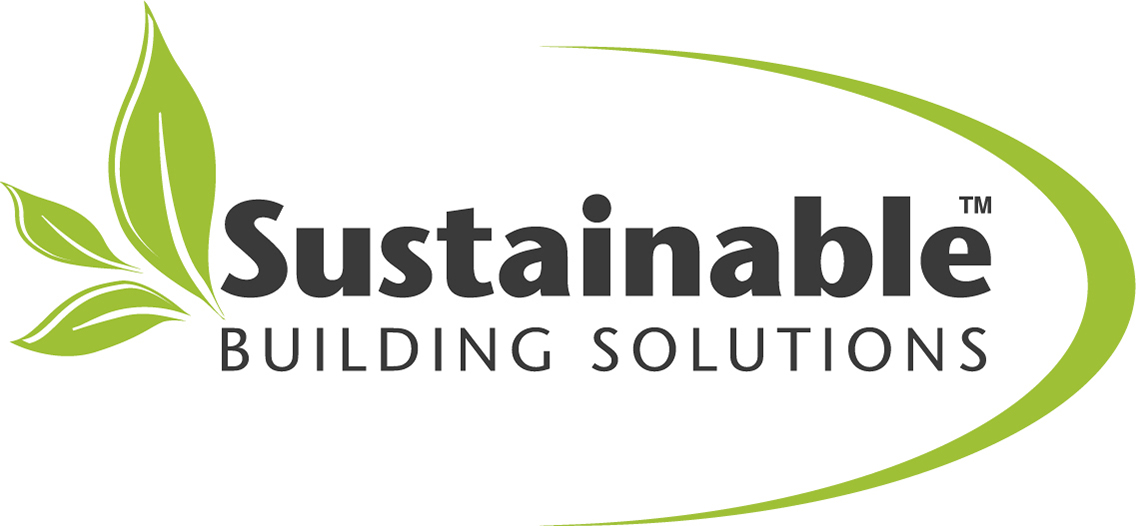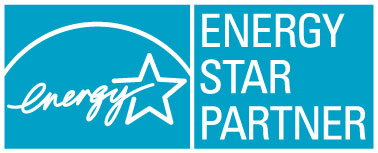CONSULTING
Our team of experienced LEED Accredited Professionals assist clients with the identification and implementation of project-specific strategies to facilitate sustainability objectives.
About Sustainable Building Solutions™
Sustainable Building Solutions (SBS) is a green construction advisory firm that works directly for building owners, architects and general contractors to identify and implement project specific sustainability goals including USGBC LEED, WELL and Energy Star certifications.
SBS has successfully guided over 40 projects through USGBC LEED and WELL certifications and has benchmarked over 30 commercial buildings for Energy Star and has certified over a dozen. SBS has proven time and again that pursuing LEED and WELL certification adds real value and is much more than just a plaque on the wall.
Whether it is at the early conceptual stage of a project or later in a building’s life cycle, Sustainable Building Solutions will work closely with principal parties to evaluate, program and ultimately help realize the green potential in not only the built environments we construct, operate, and maintain, but also in the people we serve through customized consultation.
We are pleased to announce that our company has incorporated these core business areas:
Education
Training & Awareness
Consulting
Energy Analyses

The Leadership in Energy and Environmental Design (LEED®) Green Building Rating System™ is the nationally accepted benchmark for the design, construction, and operation of high performance green buildings. LEED® gives building owners and operators the tools they need to have an immediate and measurable impact on their buildings’ performance. LEED® promotes a whole-building approach to sustainability by recognizing performance in five key areas of human and environmental health: sustainable site development, water savings, energy efficiency, materials selection, and indoor environmental quality.
LEED® provides a road map for measuring and documenting success for every building type and phase of a building lifecycle. Specific LEED® programs include:
- New Commercial Construction and Major Renovation projects
- Existing Building Operations and Maintenance
- Commercial Interiors projects
- Core and Shell Development projects
- Homes
- Neighborhood Development
- Guidelines for Multiple Buildings and On-Campus Building Projects
- LEED® for Schools
- USGBC is also developing LEED® Retail for New Construction, LEED® Retail for Commercial Interiors, and LEED® for Healthcare.
How is LEED® Developed?
The LEED® Rating System was created to transform the built environment to sustainability by providing the building industry with consistent, credible standards for what constitutes a green building. The rating system is developed and continuously refined via an open, consensus-based process that has made LEED the green building standard of choice for Federal agencies and state and local governments nationwide.
What is LEED® Certification?
The first step to LEED® certification is to Register your project. A project is a viable candidate for LEED® certification if it can meet all prerequisites and achieve the minimum number of points to earn the Certified level of LEED® project certification. To earn certification, a building project must meet certain prerequisites and performance benchmarks (“credits”) within each category. Projects are awarded Certified, Silver, Gold, or Platinum certification depending on the number of credits they achieve. This comprehensive approach is the reason LEED-certified buildings have reduced operating costs, healthier and more productive occupants, and conserve our natural resources.
LEED® is a registered trademark of the U.S. Green Building Council (USGBC.) Information regarding LEED® and its guidelines are provided by the USGBC.
SBS offers LEED feasibility/Gap Analyses that provide valuable insight into the time commitment, level of resources necessary, potential performance lags present within a building’s systems, quantitative and qualitative methods to be utilized, and costs associated with the LEED certification process. Equipped with this knowledge, clients can make the most informed decisions regarding the pursuit of certification.
Additional Considerations – LEED for Existing Buildings Operations and Maintenance
Properly assessing an existing facility for the pursuit of LEED-EBOM Certification includes adherence to several baseline energy performance criteria, the first of which is the determination of an Energy Star Rating or Energy Use Index of the building. Simply stated, this prerequisite ascertains whether or not the building will meet the mandatory LEED energy consumption requirements. Throughout our performance of the Gap Analysis, the SBS team will focus careful attention to this crucial factor while also evaluating all of the LEED prerequisites for compliance. The results of our study will be accompanied by a preliminary LEED-EBOM scorecard with a credit-by-credit analysis of any potential upfront capital expenses, any ongoing operational changes (or expenses) required, and any upfront professional service costs (ie operations and maintenance policy/procedure writing) that may be associated with the certification process.
Additional Considerations – LEED for New Construction / Commercial Interiors®Certification
Properly assessing a project for LEED-NC or LEED-CI Certification includes evaluation of the architect’s/engineer’s proposed design for mandatory LEED prerequisites. The SBS team has the knowledge and experience necessary to be able to determine if the intended design of the building’s envelope/shell and mechanical/electrical systems are in conformance with LEED standards and any cost, schedule, quality, or performance factors that may come into effect if these design elements are not met. The results of our study will be accompanied by a preliminary LEED scorecard which is a credit-by-credit analysis that describes any necessary system modifications or potential enhancements as well as any cost implications that should be considered as part of the path to project certification.
THE TRIPLE BOTTOM LINE
Sustainability is Responsibility. At its core, three major factors that often affect the decision to pursue sustainability include environmental, social, and fiscal initiatives, policies and overall responsibilities. Sometimes the mission is engaged solely on the basis of one of these factors, but nevertheless those embracing the trends benefit in all three main areas regardless of their predetermined goals.
Sustainable Design and Construction methodologies are quickly becoming an everyday occurrence at project planning tables around the globe. Since the USGBC (United States Green Building Council) first developed the LEED rating system in 1993 the environmentally oriented movement has been gaining momentum throughout every phase of project delivery.
At Sustainable Building Solutions we have developed a proven process by which we help guide the project team to help make those sustainable initiatives become reality.
A QUALIFIED TEAM
Our Team of LEED® Professionals work with other project team members to effectively develop and incorporate cost-effective green building options based on the specific needs of each individual project. All of our team members have substantial construction, engineering or design experience. Key members of our team of LEED® Accredited Professionals are also Pervious Concrete Certified through the National Ready Mix Concrete Association. The Sustainable Building Solutions professionals have been trained by the U.S. Green Building Council and regularly attend detailed training sessions focused on new methods and alternatives regarding sustainability and construction.
In the initial stages of planning, our team analyzes each project phase to assess which environmental options are most appropriate and responsible. We provide solutions for companies at all budget levels with recommendations on site use, selection of materials, and building systems and equipment. We are a solutions provider that customizes our level of services and offerings to meet or exceed the immediate and long-term needs of our clients.
MARKETPLACE
Sustainability is not unique to any industry. The marketplace for improving the built environment is extensive and includes a limitless array of opportunities for anyone interested in learning how decisions made today can impact their bottom line for years to come.
The staff at Sustainable Building Solutions are experienced professionals with relevant experience in sustainability, architecture, engineering, and business management. Markets served throughout the tenure of our personnel include:
- Commercial
- Industrial
- Healthcare
- Institutional
- Governmental
- Education
- Higher Education
- Office
- Retail
- Sports/Entertainment
- Tenant Improvement
- Multi-Family Residential
- Hospitality
- Renovation/Retrofit
- Historic
- Environmentally Sensitive/Hazardous
Sustainable Building Solutions™ is a proud ENERGY STAR® Service and Product Provider(SSP) partner. One of only twenty partners in the state of Wisconsin, Sustainable Building Solutions™ has the experience and knowledge that acquiring an ENERGY STAR for your building requires. SBS looks forward to working with your company to achieve the prestigious ENERGY STAR.
Sustainable Building Solutions™ believes businesses benefit financially by continually improving their management of energy resources, and the environment benefits from reduced levels of related pollution. We are proud to offer services and products that can assist businesses who have committed to the goals of ENERGY STAR.
For more information about ENERGY STAR, please follow the link.
Fitwel Viral Response Module
Fitwel’s Viral Response Module launched as a third-party certification of practices and policies built upon the latest public health research on mitigating the spread of contagious diseases. The module emphasizes key building optimization strategies designed to reduce disease transmission and create healthy environments for occupants across commercial and residential portfolios or individual assets. The baseline requirements cover the indoor environment, building occupant trust, behavioral change, and specific chemicals in cleaning products. While initially originated to control the spread of COVID-19, the module will continue to evolve with further research on infectious respiratory diseases.
SIGN UP FOR OUR NEWSLETTER
Interested in hearing more about our projects?


